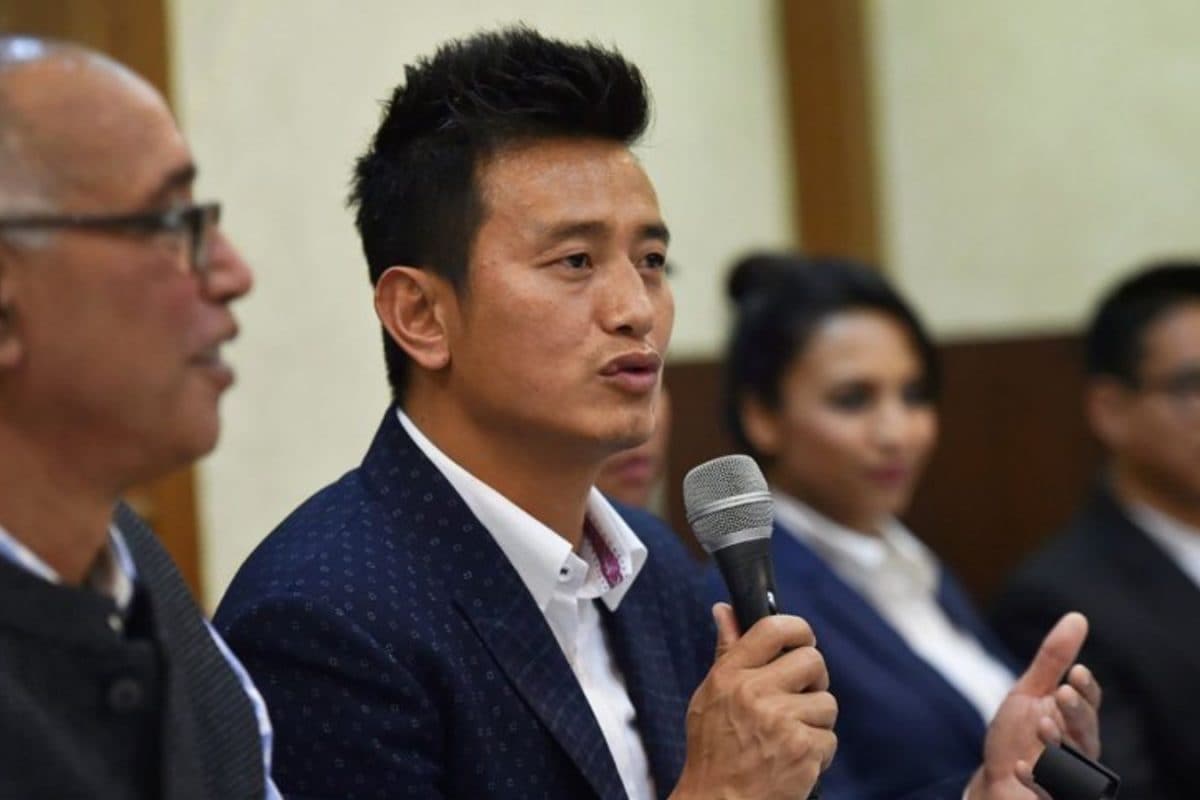

Indian football continues to be a hotbed of debate and controversy, with former captain Bhaichung Bhutia emerging as a vocal critic of the All India Football Federation (AIFF) and its president, Kalyan Chaubey. Bhutia's sharp criticisms highlight deep-seated concerns about the direction and management of Indian football under the current leadership, citing a lack of system, strategy, and overall clarity.
Bhutia's criticism isn't new; he has previously slammed Chaubey for his alleged involvement in corruption and attempts to undermine the Indian Olympic Association (IOA). He stated that Chaubey has damaged the reputation of Indian football and is primarily interested in gaining power rather than advancing the sport. Bhutia even called for the IOA to remove Chaubey from his position.
Concerns regarding the AIFF president's contradictory stance on politicians in football administration have also surfaced. Despite previously opposing the involvement of elected leaders in AIFF governance, Chaubey assumed the AIFF presidency in 2022 while also maintaining his political ambitions, raising questions about potential conflicts of interest. Adding to the turmoil, Shaji Prabhakaran, a former high-ranking AIFF official, accused Chaubey of ethics violations, alleging conflict of interest, bribery attempts, misrepresentation, and violations of the AIFF constitution. Prabhakaran claimed that Chaubey’s actions have led to serious reputational damage and financial loss to the AIFF, further stating that the Indian men's team's winless streak in 2024 was a direct result of Chaubey's actions.
Moreover, the AIFF has faced accusations of financial mismanagement and employee mistreatment. Jaydeep Basu, the former media head, alleged that AIFF funds are being treated as personal assets by top officials, pointing to extravagant legal expenses, luxury purchases, and unjustified rentals. Basu also highlighted the arbitrary withholding of employee appraisals and salary increments, which paints a concerning picture of the organization's internal operations.
Adding fuel to the fire, Chaubey faced backlash for his remarks about the height of football players from Northeast India. Critics saw these comments as discriminatory and insensitive, arguing that skill and dedication are more important than physical attributes. Bhutia himself called Chaubey's statement "very, very stupid" and indicative of a lack of knowledge about football.
The AIFF's challenges extend beyond leadership controversies. The Indian government has significantly reduced funding to the AIFF, citing the poor performance of the Indian team. This financial setback further complicates the federation's efforts to develop grassroots talent and improve the national team's performance.
Despite these challenges, an assessment of good governance in the AIFF indicated commendable levels of transparency and democracy. However, it also highlighted areas for improvement, particularly in internal accountability and societal responsibility. The AIFF faces a critical juncture. Addressing the concerns raised by Bhutia and others, ensuring financial transparency, and focusing on grassroots development are crucial steps towards restoring the federation's credibility and advancing Indian football. The future of the sport in the country hinges on the AIFF's ability to navigate these challenges effectively and implement meaningful reforms.